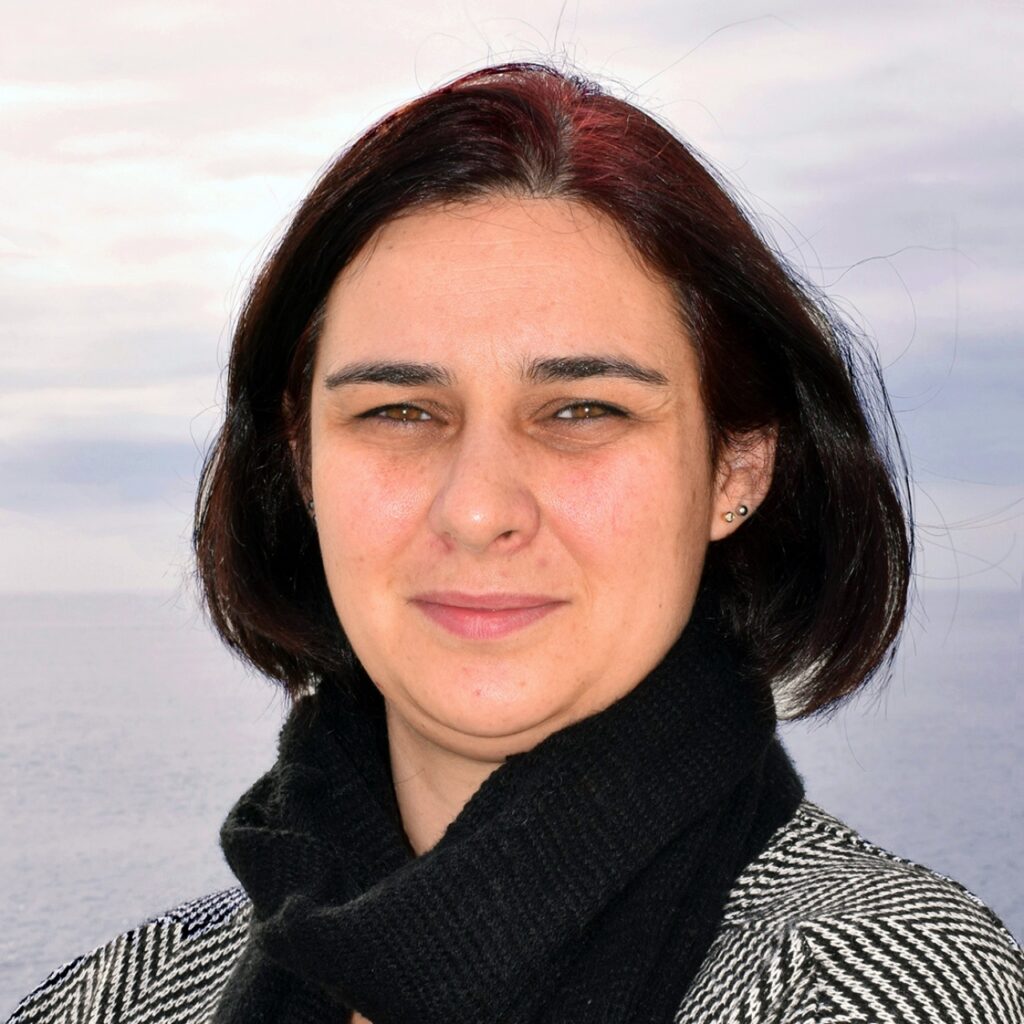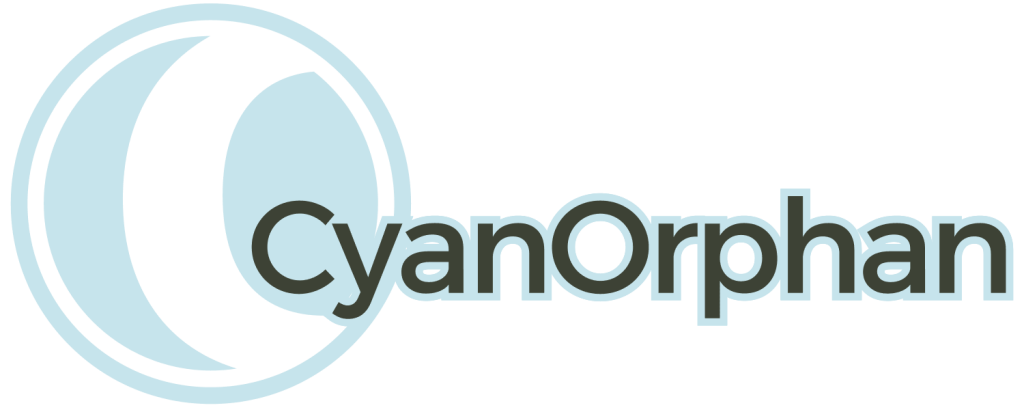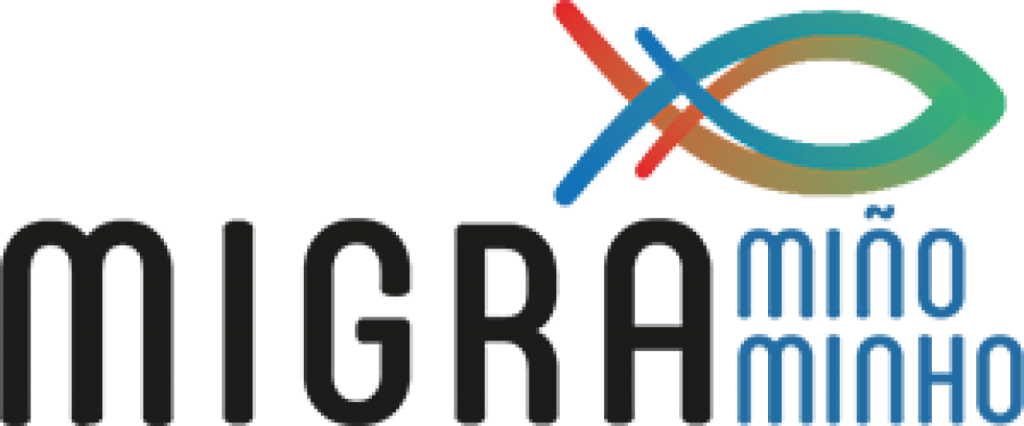

Researcher
A.Catarina Guedes graduated in Microbiology since 2002; obtained a PhD degree in Biotechnology with specialization in Microbiology by Biotechnology School of Portuguese Catholic University (ESB-UCP) on the theme: “Production, extraction and characterization of selected metabolites from microalgae and cyanobacteria”, in 2010.








